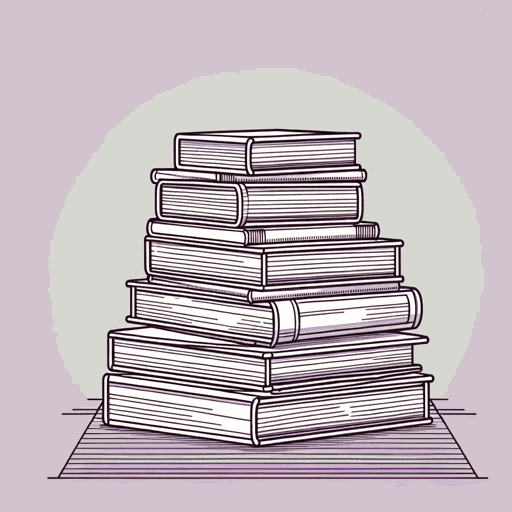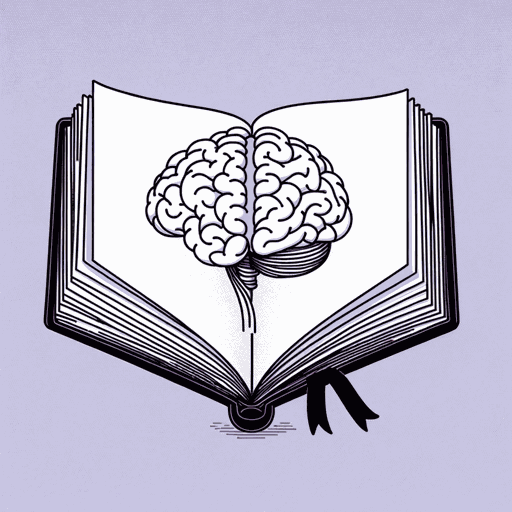40 pages • 1 hour read
Andrew ClementsFrindle
Fiction | Novel | Middle Grade | Published in 1996A modern alternative to SparkNotes and CliffsNotes, SuperSummary offers high-quality Study Guides with detailed chapter summaries and analysis of major themes, characters, and more.
Important Quotes
“If you asked the kids and the teachers at Lincoln Elementary School to make three lists—all the really bad kids, all the really smart kids, and all the really good kids—Nick Allen would not be on any of them. Nick deserved a list all his own, and everyone knew it. Was Nick a troublemaker? Hard to say. One thing’s for sure: Nick Allen had plenty of ideas, and he knew what to do with them.”
(Chapter 1, Page 1)
These lines open the novel, both establishing the writing’s conversational tone and Nick’s unique characterization. From the first words, Nick is characterized as a student who doesn’t fit into conventional boxes, which he continually proves throughout the story.
“About a year later, Nick made the great blackbird discovery. One night he learned on a TV show that red-wing blackbirds give this high-pitched chirp when a hawk or some other danger comes near. Because of the way sound travels, the hunter birds can’t tell where the high-pitched chirp is coming from. The next day during silent reading, Nick glanced at his teacher, and he noticed that Mrs. Avery’s nose was curved—kind of like the beak of a hawk. So Nick let out a high, squeaky, blackbird ‘peep!’”
(Chapter 1, Page 2)
Nick’s idea from fourth grade demonstrates how he pairs intelligence with creativity to try new ideas. This example also foreshadows the future conflict between adults and students, as Nick likens the teacher to a predatory hawk.
“Hey Janet—I’m sorry you got yelled at during reading. It was my fault. I was the one who made that sound.”
(Chapter 1, Page 5)
Even though Nick is characterized as a near-troublemaker, he sets a positive example by being both relatable and honest. Stereotypical troublemakers tend to disregard rules altogether, but Nick admits his mistake and sincerely apologizes for the ways his actions negatively affect Janet.
Related Titles
By Andrew Clements

A Week in the Woods
Andrew Clements

Extra Credit
Andrew Clements

Lunch Money
Andrew Clements

No Talking
Andrew Clements

The Friendship War
Andrew Clements

The Jacket
Andrew Clements
.webp&w=3840&q=75)
The Landry News
Andrew Clements

The Losers Club
Andrew Clements

The Report Card
Andrew Clements

The School Story
Andrew Clements

Things Not Seen
Andrew Clements

